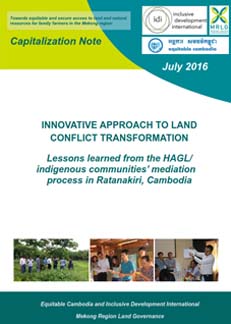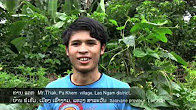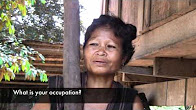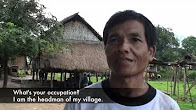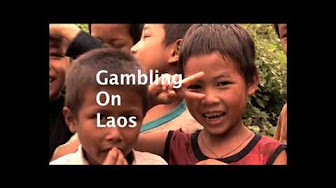NOWHERE TO GO: Displaced and returnee women seeking housing, land and property rights in South Sudan
Land is of tremendous importance in South Sudan. It represents community, belonging and place as well as provides a source of income, subsistence and survival. Control of land and resources was at the centre of the conflict that lasted five decades, leading to South Sudan’s independence in 2011.





